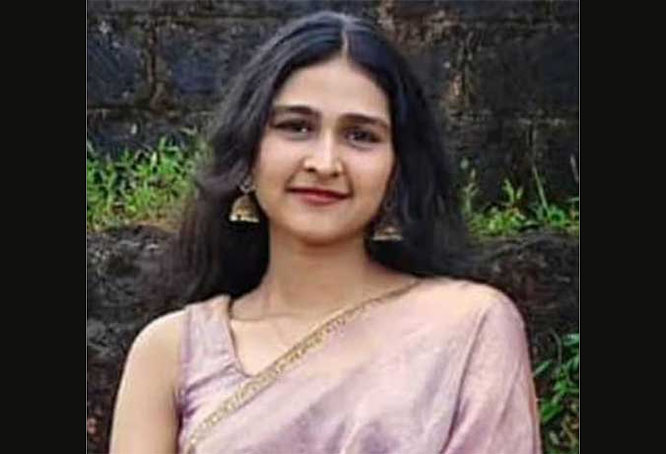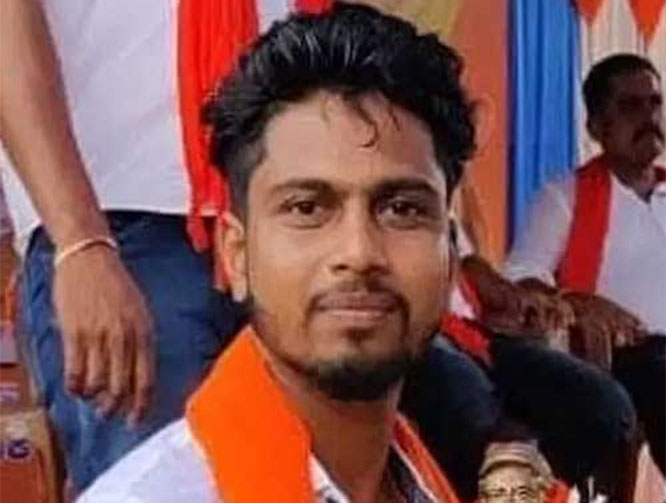India got independence from British colonial rule on 15th August 1947 after a long struggle which was inclusive and had plural dimensions. Foundation of Indian Constitution is Liberty, Equality, Fraternity and Justice. The values of secularism are deeply ingrained all through and particularly in Articles 14, 19, 22, and 25. It gives us freedom of religion, to practice, preach and propagate the same.
Not all Indians were for such plural values which respect diversity. The communal streams immediately attacked the constitution saying it does not reflect the glorious contribution of Indian past, the values given in holy tomes like Manu Smriti. Communal stream was critical of Constitution and did not accept the tricolor as our national flag. Nearly seven decades down the line those opposing Indian Constitution and its values are rearing their heads from last few decades. There are top leaders like the Prime minster Narendra Modi who on one side claim to be Hindu nationalists and on the other level for electoral purpose claim that “We are secular not because the word was added in our Constitution. Secularism is in our blood. We believe in Sarva Pantha Sambhava.”
There is yet another types of leaders like Yogi Adityanath, the Chief Minister of UP who detest this ideology out and out. Recently he stated that secularism was the “biggest threat” to the traditions of India getting recognition on the global stage.” At an earlier occasion he had stated that “The word "secular" is "the biggest lie", and suggested that the people who propagated it should apologize to the nation, a reference to the Congress party.”
Adityanath who has taken the oath on Indian Constitution has no qualms in denigrating one of its core values. He himself is the Mahant (Chief Priest) of Gorakhnath Math. He is saffron clad like few others in his party.
Let us see how secularism is a threat to traditions of India. India is inherently plural with rich diversity in religious traditions, languages, ethnicities, food habits, dressing pattern, ways of worship etc. In a way the Hindu religion, in whose pretext he is taking secularism to the task itself is so diverse; from the Brahmanical traditions of hierarchy to the Bhakti tradition talking of equality; there is a wide range. Has this diversity hampered the path to recognition of India on the global stage?
The rich contributions of India are recognized all over the World. The contributions of philosophers like Buddha are appreciated in large parts of the World, more particularly South East Asia. During freedom movement Mahatma Gandhi rose like a colossus and based on Indian tradition he propagated non Violence and Satyagriha (invocation to truth). These were the contribution which inspired many a great leaders in the World including Martin Luther King (Jr) and Nelson Mandela who followed his path to take their goals towards fruition. Indian philosophy influenced the global thinking in multiple ways.
Even global culture is diverse and learns from each other, the astronomical and mathematical contributions from India made their place in the global knowledge systems. Further the First Prime minster of India, Jawaharlal Nehru, gave the unique concept of ‘non alignment’, which was picked up by large sections of the World and many nations joined this unique movement at the peak of its success.
Contrary to what Adityanath is stating; it is precisely due to the secular path which we followed that we could achieve miraculous progress in first 5-6 decades of our republic in the areas of industrialization, education, irrigation, atomic and space research among others. As such we seem to have stagnated during last cople of decades as the path of secularism has been denigrated and mocked at. Lately the communal party is gloating that in last elections no body dared to utter this word!
There is also criticism that the introduction of this word in 1976 during emergency was uncalled for and so should be done away with. As such the whole constitution is seeped with the values of secularism. While at one level secularism says that state has no religion, Indian model of secularism respects all religions without being guided by it. Secularism is unique in another way that it respects those communities which are in minority and provides for affirmative, protective clauses for them. These are currently is being labeled as ‘appeasement of minorities’ and is being made a rallying point for electoral mobilization of majority community.
While Adityanath is lamenting against secular plural diverse values and propagates for Hindu Nation, the ideology of the ruling party, he is not alone in that. At the moment multiple articulations are being put forward. One Anant Kumar Hegde the Union minster bluntly stated that BJP is in power as it wants to change the constitution. One earlier Sarsanghchalak K. Sudarshan also put is forward by saying that Indian Constitution is based on Western values and so not suitable for our country. We should bring a Constitution based on Indian Holy books!
Religious nationalists all over the world abhor the secular-plural values they limit their power to impose their own values on society, to create a value system of hierarchy, the overt expression of which comes in the books like Manusmriti. The pre modern structural hierarchies of class, caste and gender are their ideal, be it the Talibans, Muslim Brotherhood (Egypt based communal organization) or those indulging in politics in the name of Buddhism in Sri Lanka and Myanmar.
The plight of Pakistan, where communal forces had been dominant, is there for all of us to see. Neither it could remain united as Islamic nation nor could it make headways in areas of science, education, health and industrialization.
The communal mindset needs to be overcome to focus on the progress of society in the areas of education, health, employment and nutrition rather than celebrating religious festivals at the expense of the state or taking up issues related to temple-mosque and put to margins the issues of marginalized sections of society.








Comments
Add new comment